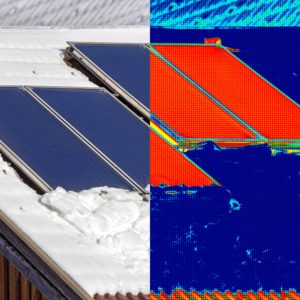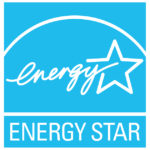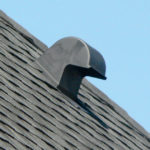 Are you following recent headlines about solar energy? With HVAC systems considered the biggest energy consumers in most buildings, your industry is bound to be affected by solar!
Are you following recent headlines about solar energy? With HVAC systems considered the biggest energy consumers in most buildings, your industry is bound to be affected by solar!
Heatspring Magazine advises that HVAC technicians learn how to install solar panels if they plan to provide green building services. This is good for your HVAC installation business, and it’s a plus for the building. Why? Because you understand the interplay between heating, cooling, and proper ventilation.
Solar in the media
Last fall, the U.S. Bureau of Labor Statistics released projections that listed solar photovoltaic installers at the top of the fastest growing jobs between 2016 and 2026. President Trump established a 30% tariff on solar panels that went into effect in February. There’s also been a lot of news coverage about the adoption of solar power in Puerto Rico to deal with the country’s broken electrical grid.
After Hurricane Maria, last October, Puerto Rico lost power. Six months later, it has yet to be fully restored. Companies like Sonnen and Schneider Electric donated solar systems to organizations in Puerto Rico, and engineers and planners started to look at how solar microgrids – decentralized solar networks – might benefit the territory.
Growth of solar
The growth in solar power is due to the steady decrease in the price of solar panels and growing consumer interest in decreasing a home’s carbon footprint. There’s concern that U.S. tariffs might hamper that growth, but according to energy researcher Joshua Rhodes, they will be offset by a 30% tax credit and declining prices.
Where does HVAC fit in?
Most of the media attention has focused on photovoltaic solar panels, which convert solar energy into electricity. While photovoltaic solar energy can be used to power HVAC, thermal solar power is arguably more important to HVAC. With thermal solar power, the sun’s energy is used directly to heat or cool a building.
Heatspring Magazine identifies several types of solar HVAC systems including:
• Collectors: Transpired solar air, flat-plate solar, evacuated tube solar
• Concentrating solar systems
• Solar-powered air conditioners
• Desiccant cooling systems
• Radiant heating systems
In addition to all of these systems, HVAC manufacturers are making systems that are solar-ready, meaning they can be integrated with photovoltaic solar panels.
Solar is likely to have a more immediate impact on commercial HVAC technicians because retail and office spaces will have more incentives to go solar. These include greater energy savings, being able to qualify for more financial incentive programs and the potential that solar will give them for a better ranking with green building certification programs.
If you want to add solar installation to your service offerings, research the licensing opportunities available to you. And if you’re not interested in doing solar installation, be sure to at least understand how it is going to be implemented in your service area.



